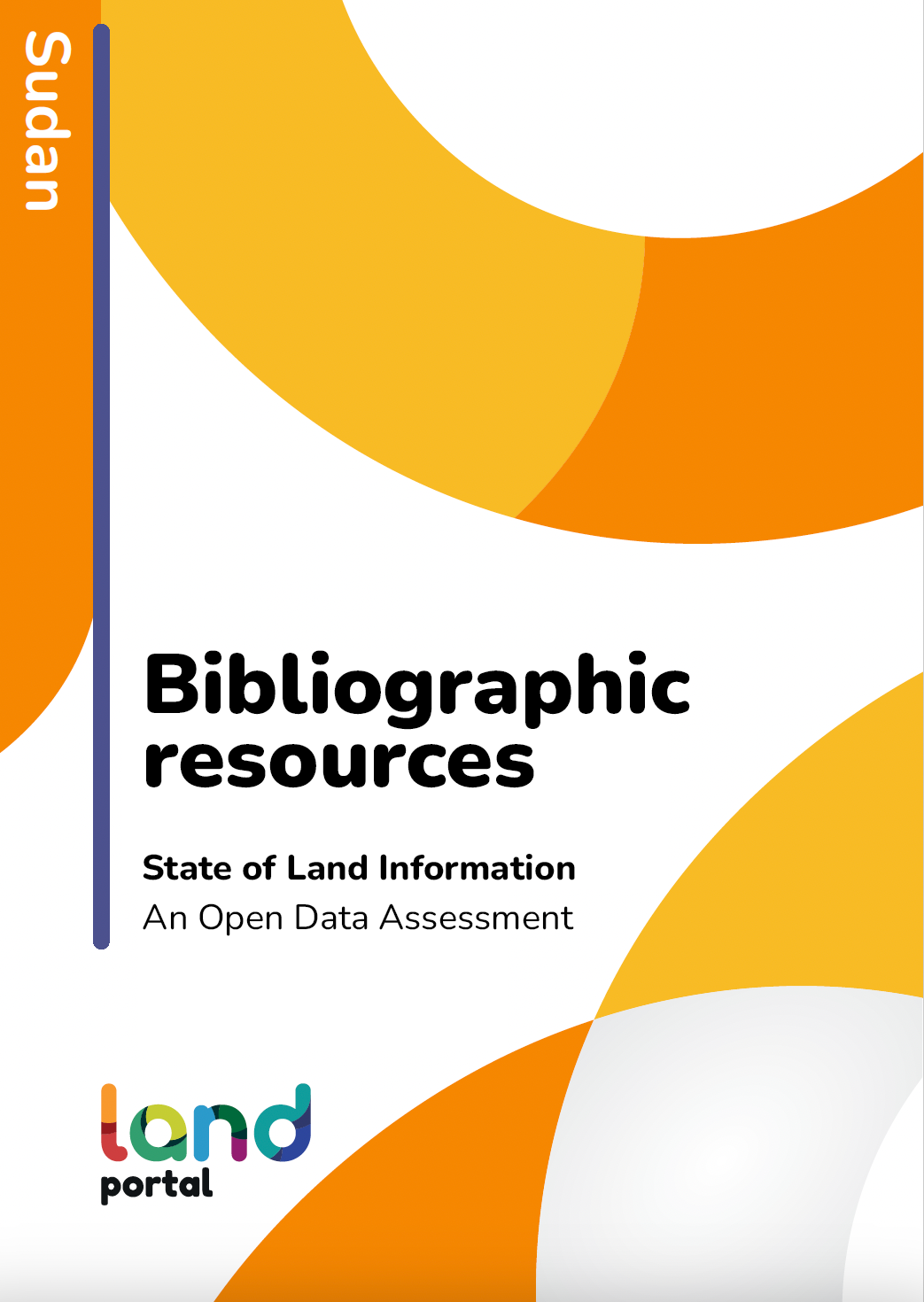Foncier et genre : Difficile accès des femmes à la terre dans le milieu rural de la Vallée du Fleuve Sénégal (sud de la Mauritanie)
L’accès des femmes au foncier est au cœur de l’actualité depuis trois décennies. Dans le Sud de la Mauritanie, la mainmise des hommes sur les terres est une réalité. Les femmes ne représentent que 4.2% des détenteurs des Titres fonciers.


